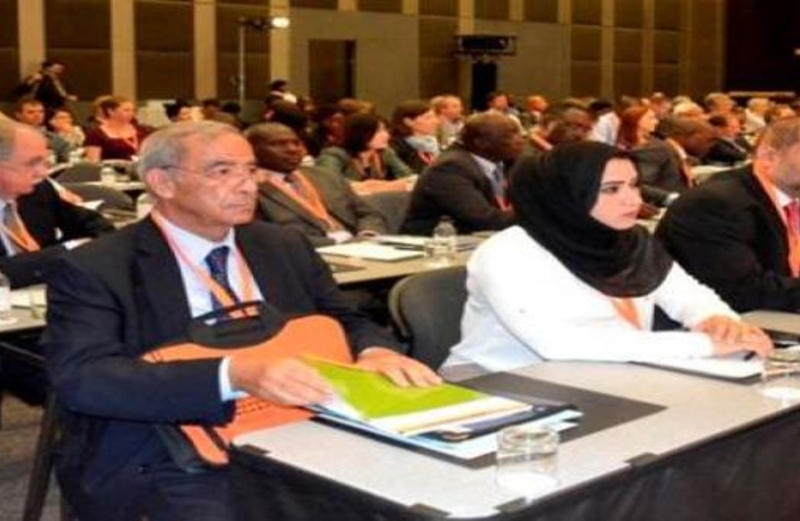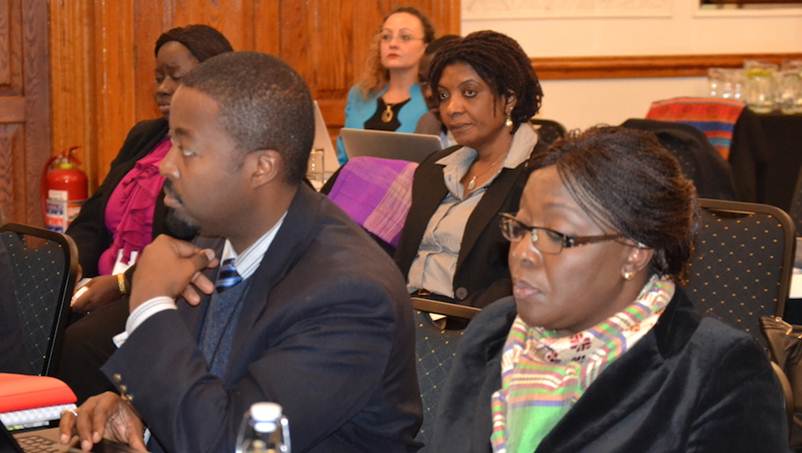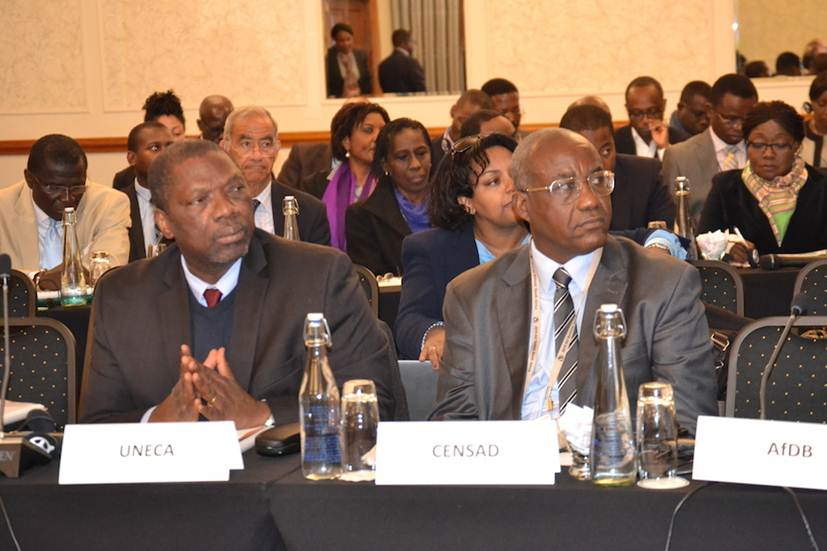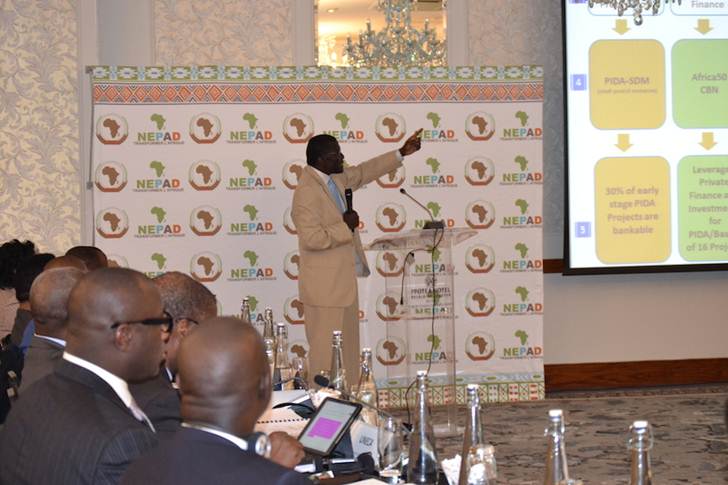NEPAD progress under spotlight during African Union Summit

The NEPAD Steering Committee - a grouping of personal appointees of African Heads of State - has reviewed impact and progress of the New Partnership for Africa’s Development (NEPAD), on the side-lines of the 25th African Union Summit, in Sandton, South Africa. The 20-member Committee is responsible for overseeing the implementation of NEPAD.
In the spirit of accountability, NEPAD Agency Chief Executive Officer Dr Ibrahim Mayaki highlighted that the Agency through its flagship programme, the NEPAD Spanish Fund, has delivered concrete results towards the empowerment of African women.
“Women’s empowerment and promotion of gender equality are at the centre of development policy planning and implementation in Africa. As a technical Agency of the African Union, one of the primary objectives of the NEPAD Agency is to promote women’s empowerment across the continent”, Dr Mayaki said.
The African Union has declared 2015 the Year of Women’s Empowerment and development towards Africa’s Agenda 2063. The African Agenda 2063 envisages the effective participation of women in public and private life, through a full and fair share of economic, social, cultural and political opportunities and decision making.
In order to ensure that there are additional resources to support development projects that are addressing gender concerns in Africa, the NEPAD Agency in partnership with the Spanish Government established the NEPAD Spanish Fund for African Women’s Empowerment. The Fund has impacted more than half a million women in 35 countries by providing funding and technical support to 77 projects in Sub-Saharan Africa. The Fund is worth 20 million Euros.
The Steering Committee members present commended NEPAD for its commitment to African women’s empowerment and the impact made on grass root level through the NEPAD Spanish Fund.

NEPAD staff attending the Steering Committee Session
Highlighting some of the Agency’s key achievements, Dr Mayaki reported back on the landmark launch of the Continental Business Network (CBN) last week on the margins of the World Economic Forum on Africa in Cape Town. The CBN is an exclusive Infrastructure Investment Advisory platform for African Heads of State and business leaders, to accelerate investment into and policy advice for regional infrastructure projects. More than 40 top global and African CEOs attended.
Colonel Christian Katsande, Deputy Chief Secretary in the Office of the President of Zimbabwe and co-chair of the Steering Committee, indicated that the Steering Committee would continue supporting the Agency to realise Africa’s vision of Agenda 2063. He noted that the “implementation of priority projects in infrastructure is of particular interest to us as the implementation thereof will lead to sustainable development”, he said.

African governments representatives, United Nations Agencies, the African Union Commission and other strategic development partners were present
“The coordinating role that the NEPAD Agency plays at national and regional level is crucial in ensuring the successful implementation of national and regional projects. NEPAD has also helped foster key partnerships between development partners and countries”, AU Commissioner for Economic Affairs, Dr Anthony Maruping, reiterated.

Head of Infrastructure Strategic Business Unit, Mr Adama Deen presenting on PIDA implementation and the launch of the Continental Business Network
During the meeting, NEPAD Heads presented key results within their Programmes. Presentations ranged from the NEPAD Agency Business Intelligence Dashboard for results-based management to the implementation of priority PIDA projects as well as the development of a NEPAD Knowledge Management Portal. The 2016 Budget Proposal and the 2014 Audit Report were also presented.
The Committee set the tone and approved the agenda for the upcoming 33rd NEPAD Heads of State and Government Orientation Committee (HSGOC) meeting, on June 13, which will be devoted to review NEPAD’s role in the renewal of Africa’s regional integration, women’s economic empowerment and capacity development of Regional Economic Communities (RECs).
